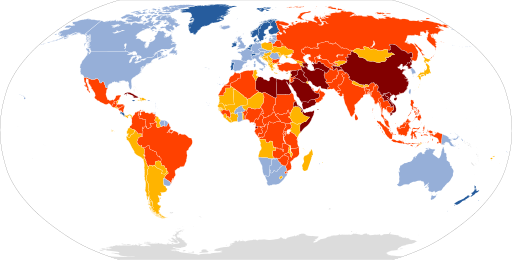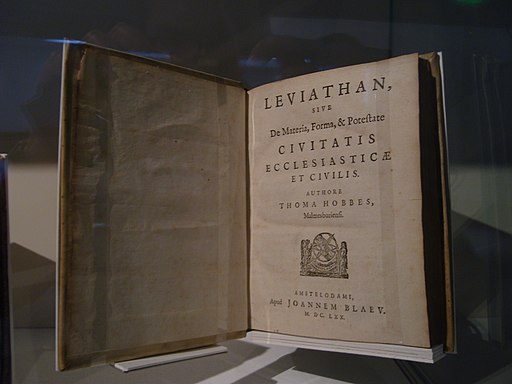
“White supremacists embraced cryptocurrency early in its development, ” Michael Edison Hayden and Megan Squire report at the Southern Poverty Law Center’s Hatewatch blog, “and in some cases produced million-dollar profits through the technology, reshaping the racist right in radical ways.”
I have no doubt the claim is true. What’s also true is a note several paragraphs into the piece: “Nothing is inherently criminal or extreme about it, and most of its users have no connections to the extreme far right. ”
You’re not going to hear much about that angle on the story in mainstream media reports on the topic, though. Political coverage of cryptocurrency tends more toward cultivating moral panic — arousing the public to fright whether the facts justify that concern or not — than about care with such inconvenient facts.
Having mined out the moral panics over cryptocurrency being used by drug dealers and human traffickers, it was certain beyond doubt that the next step would be tarring Bitcoin and its siblings and children with the brush of racism and antisemitism (and trying to dip libertarianism in that tar as well). NBC News gets right to work on the matter, quoting report co-author Squire:
“Crypto looked to [the far right] like an interesting toy and a way of being in charge of their money and not having to use central banking. Then when you layer the antisemitism, on top of that, as in ‘the banks are controlled by the Jews,’ it makes a lot of sense why these early adopters, these libertarian-styled guys, would get involved in Bitcoin so early.”
Just to be clear, libertarianism is neither inherently “right-wing” (I’m a left-libertarian myself) nor has anything whatsoever to do with anti-semitism. Many of libertarianism’s foremost framers and thought leaders, from Ludwig von Mises to Ayn Rand to Milton Friedman to Murray Rothbard, have been Jews, and the Libertarian Party’s platform “condemn[s] bigotry as irrational and repugnant.” Libertarians dislike government currencies and central banking because we like freedom, not because we hate Jews.
One attractive feature of cryptocurrency is that it reduces interference from intermediaries who might not want to do business with marginalized groups, and from governments persecuting those groups. It doesn’t care whether those groups are good or bad, loved or hated, socially accepted or socially ostracized.
That doesn’t just include drug dealers, or human traffickers, or child pornographers, or racists. It includes immigrants who need an easy way to send money home. It includes adult, consensual sex workers whose incomes and assets remain under constant threat from the police. It includes anyone who’d like a little privacy, please.
Nor is cryptocurrency unique in that respect. You know what else all of the groups I just named use? Cash. Yes, all those people use the same little green pieces of paper you probably keep in your own wallet for times when the fast food joint’s debit card terminal is down.
Cryptocurrency is money that doesn’t care who you are. It just does its job. And that’s a good thing.
Thomas L. Knapp (Twitter: @thomaslknapp) is director and senior news analyst at the William Lloyd Garrison Center for Libertarian Advocacy Journalism (thegarrisoncenter.org). He lives and works in north central Florida.
PUBLICATION HISTORY


